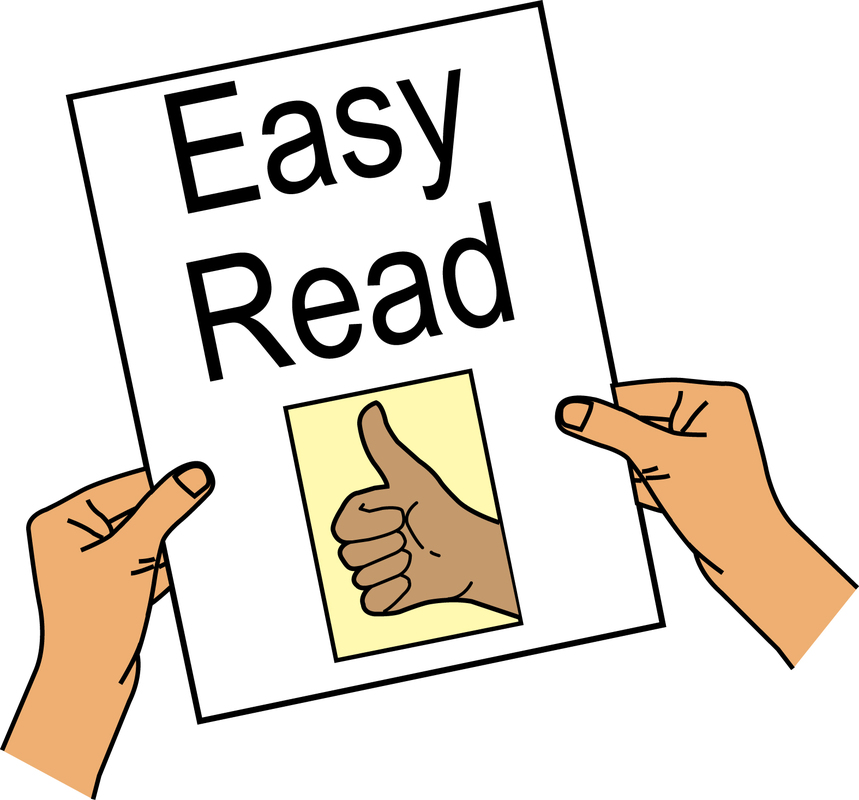
Why do we have to campaign for Easy Read?
Easy Read has always been important to us because without accessible information, people with learning difficulties have no choice, independence, or control.
We know that information is power, and this has always been a priority for People First. We started campaigning for Easy Read back in the 1980s and produced our first picture bank called 'Access First' in 1996.
Through campaigning we have raised the profile of Easy Read to the point where it is now a commonly accepted alternative format. Whilst many big companies have started running services, we have aimed to make sure that the standards being used were true to what people with learning difficulties want and to make sure that information being given is empowering and not just tokenistic.
Having accessible information became even more urgent during the pandemic. Important heath information was not being made accessible, people were having decisions made on their behalf without consent, and were being refused treatment based on their disability.
In summer 2020 People First joined other self-advocates to lead the Accessible Information Campaign. An open letter was signed by over 350 people and organisations. This was used to pressure the Government, NHS England and Local Authorities to produce accessible information at the same time as other information. Since that campaign, there has been a greater demand for Easy Read services.
People First also raised concerns about 'digital exclusion'. We wrote a case study for the Hear Equality Network, which you can read here Case Study
People First staff, trustees and members continue to campaign for accessible information at every level and at every opportunity.
As well as our Easy Read policy and campaigning work, we support organisations to understand the access needs of people with learning difficulties and to learn to produce Easy Read documents themselves. Our Empower Enterprise provides an Easy Read translation service, Easy Read training and an Easy Read Picture Bank.



